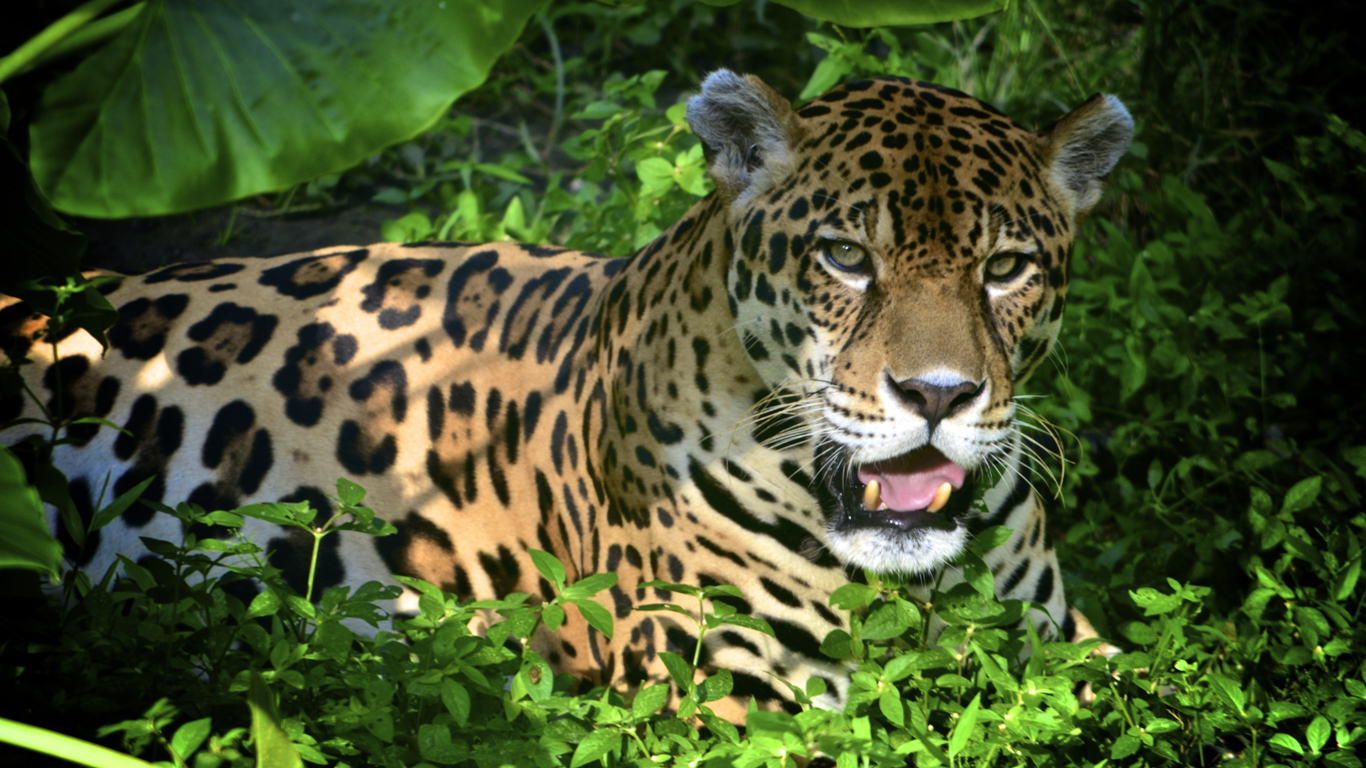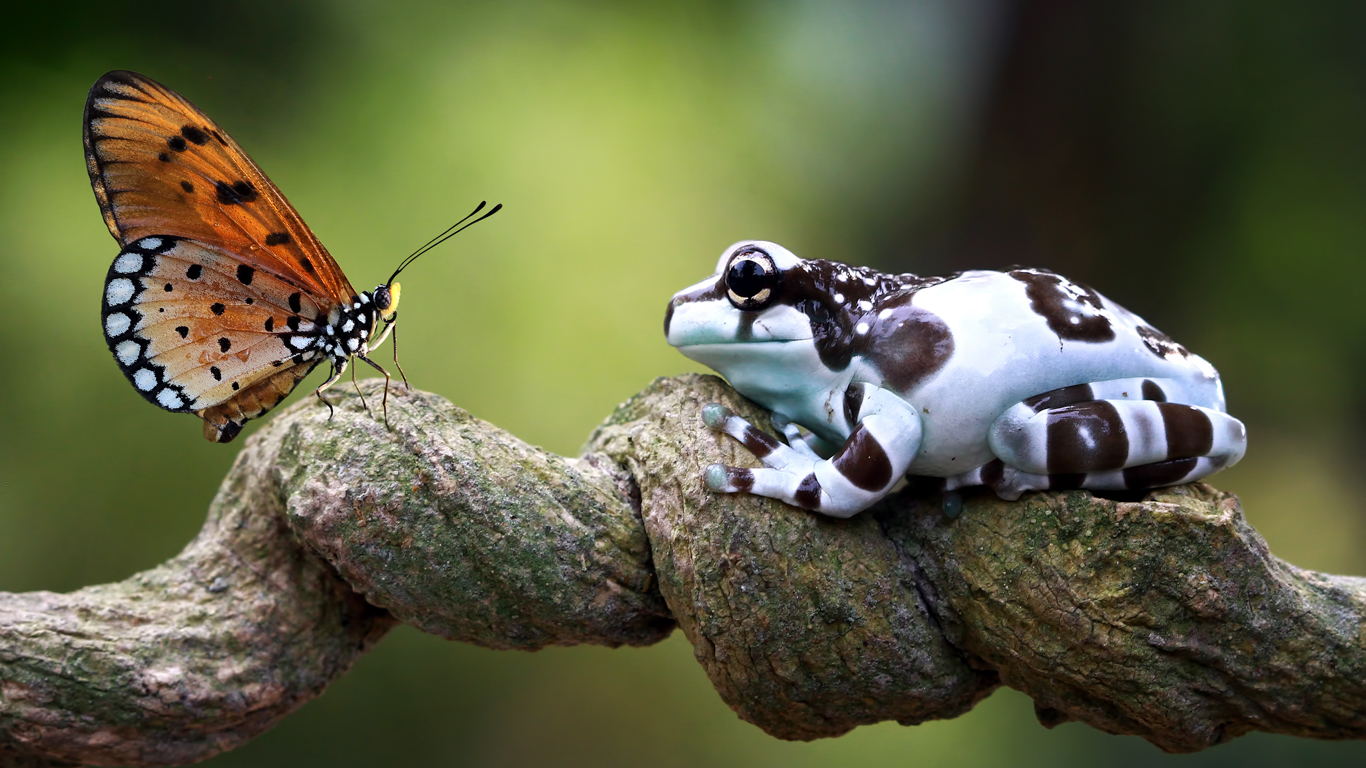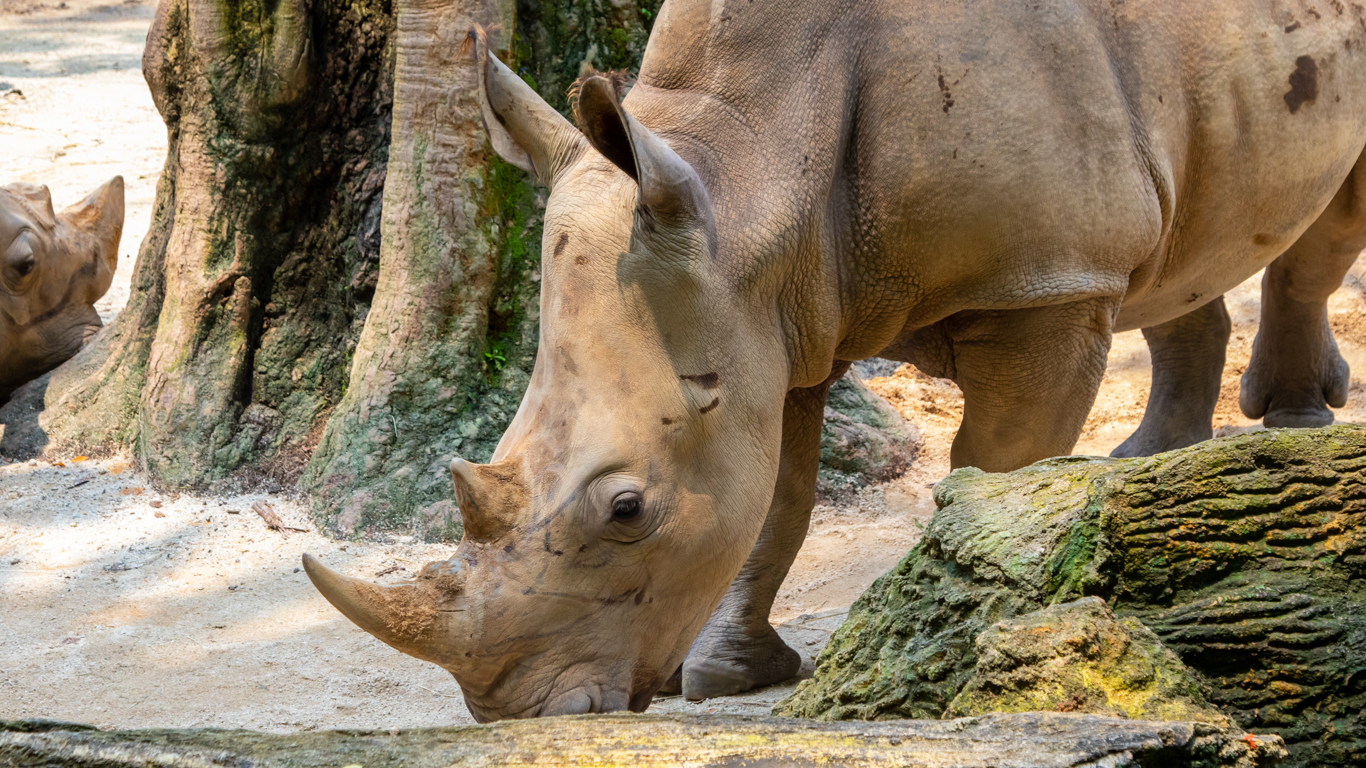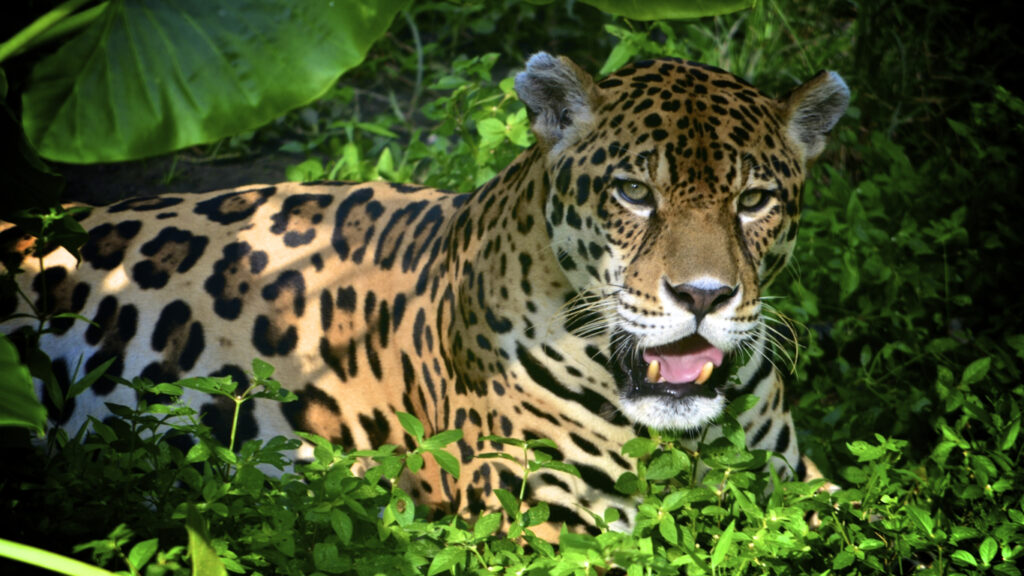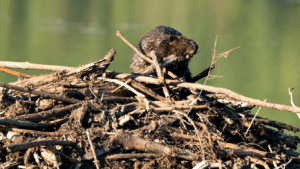Wildlife populations have plummeted by an average of 69% in less than 50 years, according to the World Wildlife Fund (WWF) and Zoological Society of London’s (ZSL) biennial Living Planet report.
Scientists believe the planet is in the midst of its sixth mass extinction, largely driven by humans. As human beings continue to destroy forests, consume beyond the planet’s limits and pollute on a colossal scale, countless species of birds, fish, amphibians and reptiles are being driven toward extinction.
Latin America and the Caribbean have undergone the steepest fall, with a 94% wildlife decline in 48 years. Africa had the second largest decline at 66%, followed by Asia and the Pacific each at 55%, and North America at 20%. Europe and Central Asia each experienced an 18% fall. The total loss is equivalent to the human population of Europe, the Americas, Africa, Oceania and China vanishing. The report’s authors are imploring world leaders to decide on an ambitious target at the COP-15 biodiversity summit in Canada this December.
“Despite the science, the catastrophic projections, the impassioned speeches and promises, the burning forests, submerged countries, record temperatures and displaced millions, world leaders continue to sit back and watch our world burn in front of our eyes,” said WWF-UK chief executive, Tanya Steele. “The climate and nature crises are not some faraway threats our grandchildren will solve with still-to-be-discovered technology.”
The fragmentation of habitats, driven by the global agricultural system, is the primary driver of biodiversity loss across the planet. The International Union for Conservation of Nature (IUCN) is developing a standard to measure conservation potential, which will allow researchers to pinpoint a trajectory of recovery for some of the one million species threatened with extinction. The pink pigeon, burrowing bettong and Sumatran rhino are among the species with promising conservation potential.
“The rampant destruction of nature threatens the survival of all life on earth,” says David Barritt, executive director of Animal Survival International (ASI).
“Now, more than ever, we need to take meaningful steps to cut carbon emissions, limit global warming and modify our production and consumption levels.”

